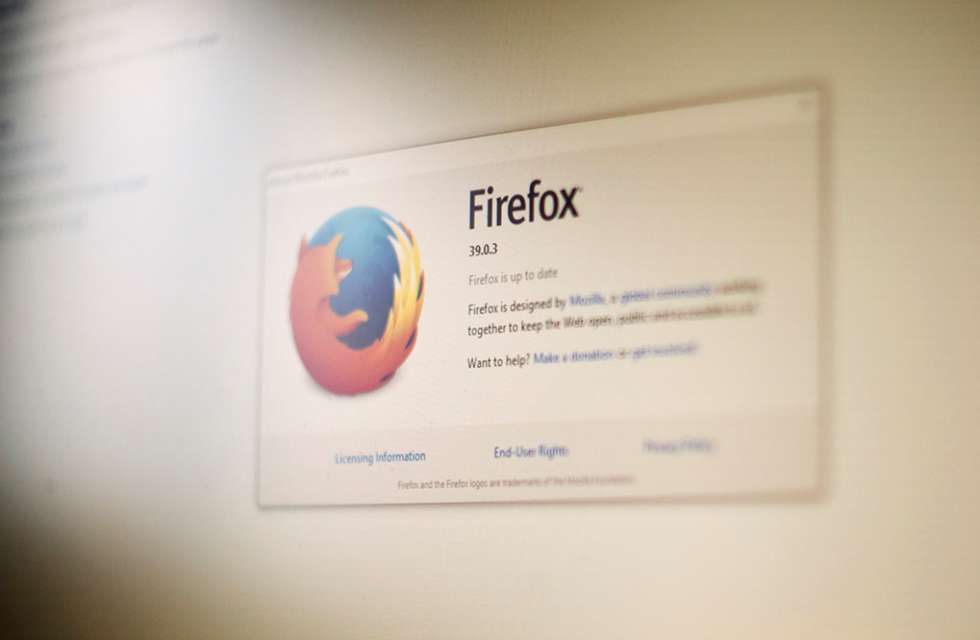-
Tips for becoming a good boxer - November 6, 2020
-
7 expert tips for making your hens night a memorable one - November 6, 2020
-
5 reasons to host your Christmas party on a cruise boat - November 6, 2020
-
What to do when you’re charged with a crime - November 6, 2020
-
Should you get one or multiple dogs? Here’s all you need to know - November 3, 2020
-
A Guide: How to Build Your Very Own Magic Mirror - February 14, 2019
-
Our Top Inspirational Baseball Stars - November 24, 2018
-
Five Tech Tools That Will Help You Turn Your Blog into a Business - November 24, 2018
-
How to Indulge on Vacation without Expanding Your Waist - November 9, 2018
-
5 Strategies for Businesses to Appeal to Today’s Increasingly Mobile-Crazed Customers - November 9, 2018
You need to update Firefox, like now!
Mozilla is urging all Firefox users to update their browser following the discovery of a file-stealing exploit.
Advertisement
A day before news broke that Russian hackers were able to access part of the Joint Chief’s email at the Pentagon, a Firefox user found vulnerability that could send your sensitive files to a server in the Ukraine.
Interestingly, the files it searches for on the local system are mostly developer focused.
Mozilla explains it thus, “The vulnerability comes from the interaction of the mechanism that enforces JavaScript context separation (the “same origin policy”) and Firefox’s PDF Viewer”. Firefox for Android, and other Mozilla products that don’t sport the built-in PDF Viewer, are not affected.
Mozilla is asking all Firefox users to upgrade immediately to version 39.0.3.
Even if you haven’t visited the Russian news site in question, it’s not known whether the ad has been deployed elsewhere.
The fix for the vulnerability is available now and Firefox users are recommended to update their browser as soon as possible. On Windows the exploit looked for subversion, s3browser, and Filezilla configurations files, .purple and Psi+ account information, and site configuration files from eight different popular FTP clients. The company added that the “exploit leaves no trace that it has run on the local machine.”
The exploit in its current form will only work on Windows computers, though there’s no reason why it couldn’t be rewritten to use the same hole on Macs too.
The impact on you at home: If you use any of the programs mentioned above, Mozilla advises you to change your passwords and any keys associated with them.
Advertisement
People who use ad-blocking software may have been protected from this exploit depending on the software and specific filters being used.





























